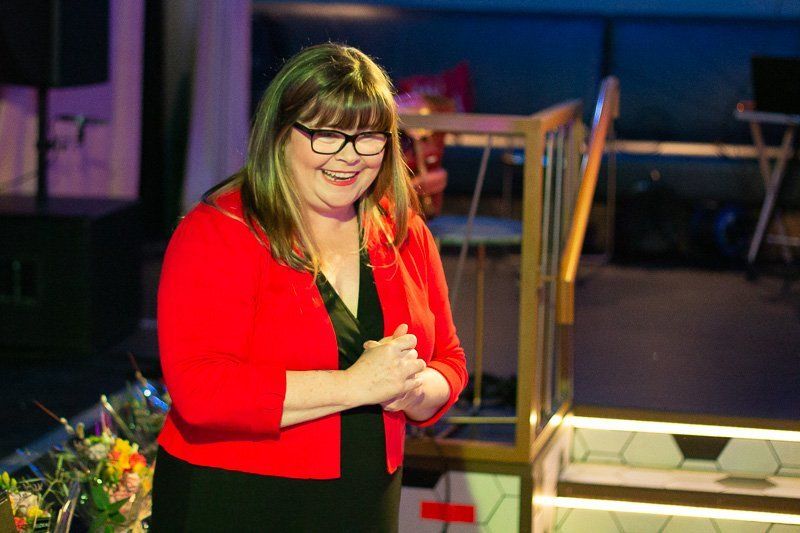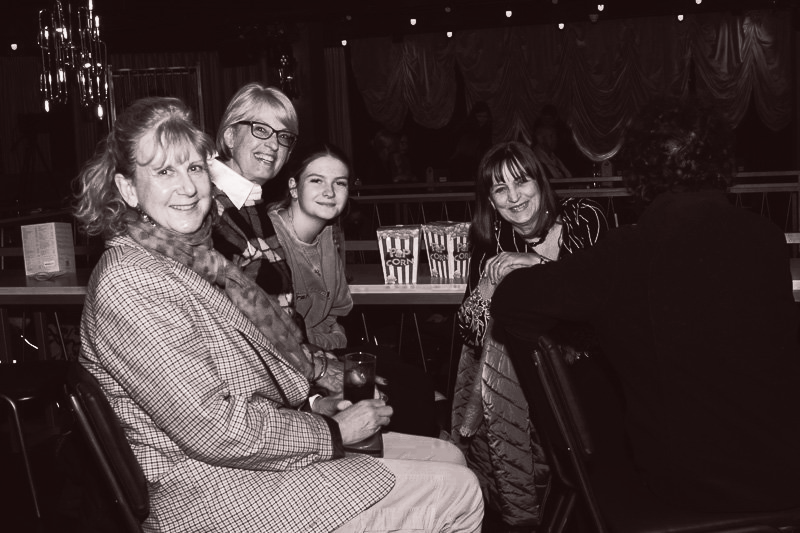THE YEAR OF MAGICAL THINKING
Katrina Taee • November 29, 2019
The mind can play tricks on us in grief but it is not a bad thing sometimes, it is a way to cushion us from the worst of times

The American playwright, Joan Didion said of her life, after the death of her husband, ‘Life changes in the instant. The ordinary instant’. How true that is. For those who have had a loved one die, the world changes from one moment to the next. In the ensuing year, the bereaved go through a gamut of emotions from sadness, desperation, misery, fury, frustration, isolation, in fact any feeling you could name really. There is no escaping it, however hard people try either intentionally or unintentionally through work, excesses, exercise, busyness, new relationships and any other way they can devise, to avoid it. What is important is how those who are bereaved come, over a long period of time, to frame their new life without the one they love and miss terribly.
If I may take licence here and quote Ms. Didion again (because I could never say it so eloquently and precisely).
‘Grief turns out to be a place none of us know until we reach it. We anticipate (we know) that someone close to us could die, but we do not look beyond the few days or weeks that immediately follow such an imagined death. We misconstrue the nature of even those few days or weeks. We might expect if the death is sudden to feel shock. We do not expect this shock to be obliterative, dislocating to body and mind. We might expect that we will be prostrate, inconsolable, crazy with loss. We do not expect to be literally crazy, cool customers who believe their husband is about to return and need his shoes.’
What does she mean? She is talking about the belief that the one who has died is going to come home, open the door, be in the bedroom, or appear from another room, that somehow they will reappear because they aren’t dead. Logically people know this cannot happen, but internally from a heart place of grief and loss, they long for it and it might. The best way I can describe it perhaps is to liken it to an amputation. When a limb is removed, we know that the patient suffers from phantom pains or sensations from the stump where that limb should be. It is of course, the nerves/brain ‘expecting’ a leg to be there. The belief that a loved one is about to return (as Ms. Didion puts it) is the same sort of thing. The beloved has been there so long, one’s whole being expects there to be someone there.
This is what she calls magical thinking. Is it a good thing or a bad thing? I don’t know, but it probably depends on whether you are the bereaved or a bystander to the grief. Bystanders might say or think to themselves that you have to accept the loss, this isn’t helping, you know that is not going to happen, stop thinking like that. The one who is grieving might feel very differently. You might judge yourself to be crazy but of course, you are not. These feelings are natural and normal and importantly very real to you. I like to think of it as an undefined period of time when the body, mind and soul need to acclimatize to a new world without the beloved. Magical thinking is one way of making sense of it and getting used to it. It is neither good nor bad, it just is.
It can also be really comforting and cushions the mind to the harsher realities for a while. There is nothing wrong with that. Perhaps it is the body’s way of letting those who are grieving down gently? It is what those in the talking professions call a continuing bond. A way of still being very much in touch with and present to, the one who has died. This is what is needed at this time. So, if you are the one who is supporting someone who has died, listen to their magical thinking, help them see it as natural and normal, they have had a massive ‘amputation’ in their life, and it is going to take time to adjust to the huge empty space.
Another way magical hinking can manifest is in the strange and wonderful coincidences that happen after a death. To name a few I have encountered are the same bird appearing at any important family moments, butterflies breezing by at just the right time (winter and summer), a favourite song coming on the radio just when it is needed (even on a plane on the first journey without the beloved), white feathers landing at the feet of the bereaved to give strength when it was in short supply. These are hugely comforting signs for bereaved families and should be thought of as such. I suspend judgement because the world is a mysterious place and what do I know anyway! I do know I would like some magical thinking if I were in their shoes.
If you haven’t read the book, The Year of Magical Thinking by Joan Didion, I would highly recommend it.


